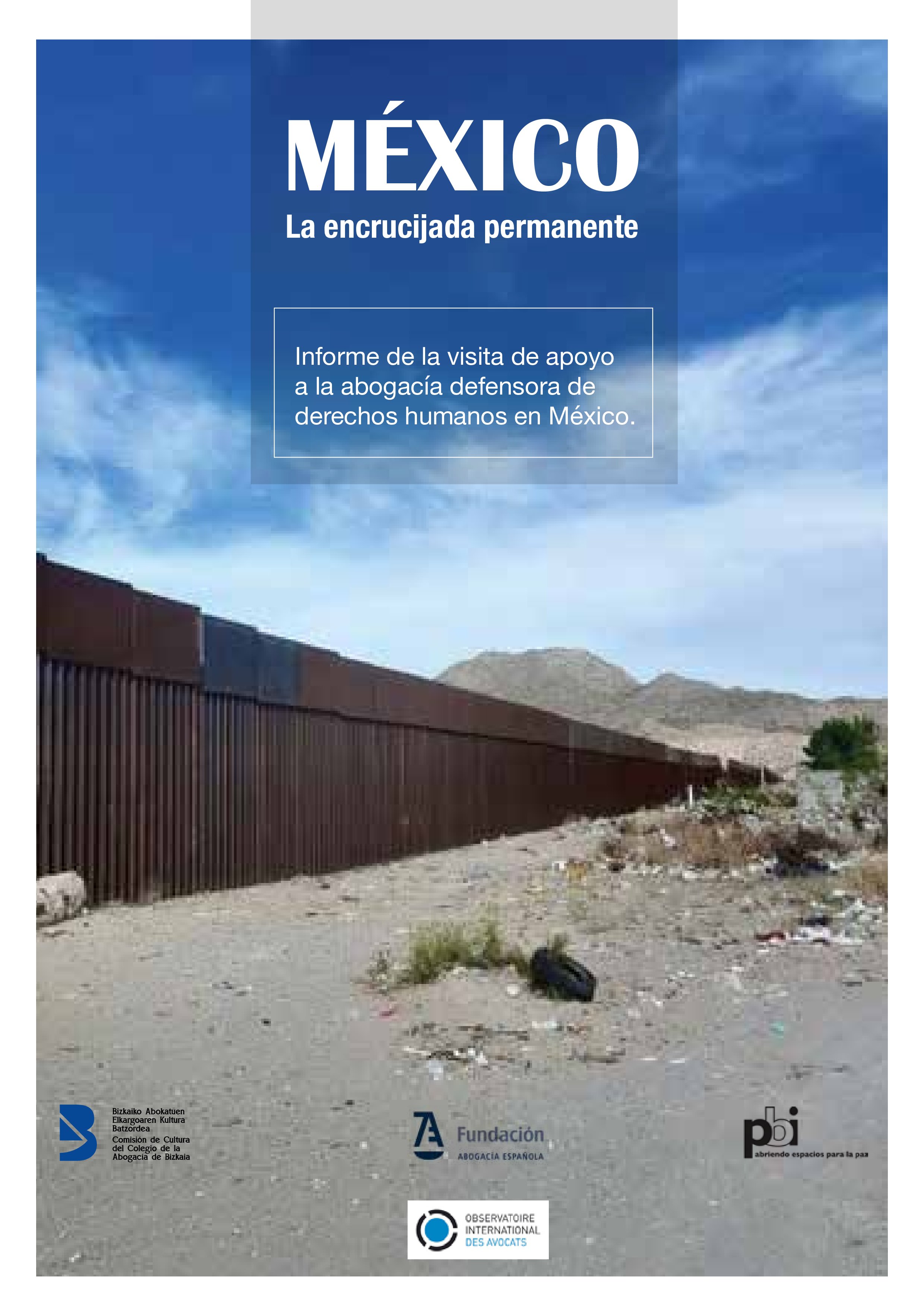PBI Annual Report 2017
For PBI, as for many other civil society organisations, 2017 posed significant challenges. The six years of President Enrique Peña Nieto’s administration have been characterised by a continuation of the widely-questioned security policies initiated during the presidency of his predecessor Felipe Calderón, and by a marked reduction in the political space available to Mexican and international civil society organisations.
The Early Warning and Contingency Plan, Chihuahua
Chihuahua is one of the most dangerous areas of Mexico for the defense of human rights and journalism. According to the National Network of Civilian Human Rights Organisms "All Rights for All" (Red TDT), Chihuahua is the state with the highest number of human rights defenders killed and the state with the second highest number of journalists killed. Considering these attacks, a high percentage of human rights defenders count on precautionary protection measures given by the Inter-American Commi
The international community expresses concern over the criminalisation of members of CECOP and irregularities in the investigation process
On 7th January 2018, after a violent incident in the community La Concepción (Guerrero) that caused the death of eight people, a security operative took place where three people lost their lives and at least 25 were detained, the majority of whom are members of the Ejidos and Communities Council Opposed to La Parota Dam (CECOP).
PBI Annual Review 2017
Read about PBI´s work in Mexico in 2017, taken from PBI´s Annual Review 2017, with information on our work in Colombia, Honduras, Guatemala, Indonesia, Kenya and Nepal as well as updates on the activities in our country groups, an overview of how we spend our funds, where our 399 volunteers come from and testimonies from those we accompany throughout the world.
“Resistance for communities means that they can live freely and peacefully; that they can decide the type of development they want"
EDUCA, Services for an Alternative Education was created in 1994 and is based in the City of Oaxaca de Juarez. Through its work in the area of territorial rights, it strives to strengthen and consolidate the leadership of social, regional and community organizations that fight for the defense of their right to territory. It also strives to make alternative proposals to current development policies.
"Structural problems in the coal industry" in the North of Mexico
Within the framework of the 12 years since the tragedy of the Pasta de Conchos mine in the coal region of Coahuila in Mexico, on 18th February 2018 representatives of the Family Organisation Pasta de Conchos presented the report "Red coal in Coahuila: here ends the silence", in Mexico City. This publication, supported by the Heinrich Böll Foundation, tells "the story of the human and environmental cost that the extraction of coal has brought and left" in this northern region of the country; it also documents the struggle that the family members of the 65 miners who lost their lives 12 years ago in the mine have undertaken.
Lawyers defending human rights: a high risk activity
From the 9th til 13th April, a delegation of lawyers from Spain visited the North of Mexico and Mexico City in order to hear first-hand accounts and to draw attention to the situation that lawyers who defend human rights find themselves in, they also wished to understand the state of implementation of the general laws of torture and forced disappearance as well as the strategies that the organisations and defenders use against the Internal Security Law.
The Casa del Migrante del Saltillo builds a new refuge in collaboration with the UN High Commissioner
According to the National Human Rights Commission (CNDH), during 2017 the number of refugees rose by 578%, and the Mexican Commission for Refugee Assistance recognised that there is a total of 14,594 people requesting refuge in Mexico. In response, the United Nations High Commissioner for Refugees is collaborating with various refuges in the South of the country and with the Casa del Migrante de Saltillo in Coahila, to help extend spaces and attend the growing number of refugees.
Morelos y Pavón: Defending human rights in a context of extreme violence
In his most recent report, published on 23rd March 2018, the United Nations Special Rapporteur for Human Rights Defenders, Michel Forst, explicitly mentions those defending human rights in Chilapa de Alvarez, Guerreo and their particularly high levels of risk due to the hostile context in which they undertake their legitimate work: “Human rights defenders from Chilapa, where collective disappearances appear to have occurred with the acquiescence of the authorities, are particularly vulnerable to attacks in the context of organized crime and corruption”.

